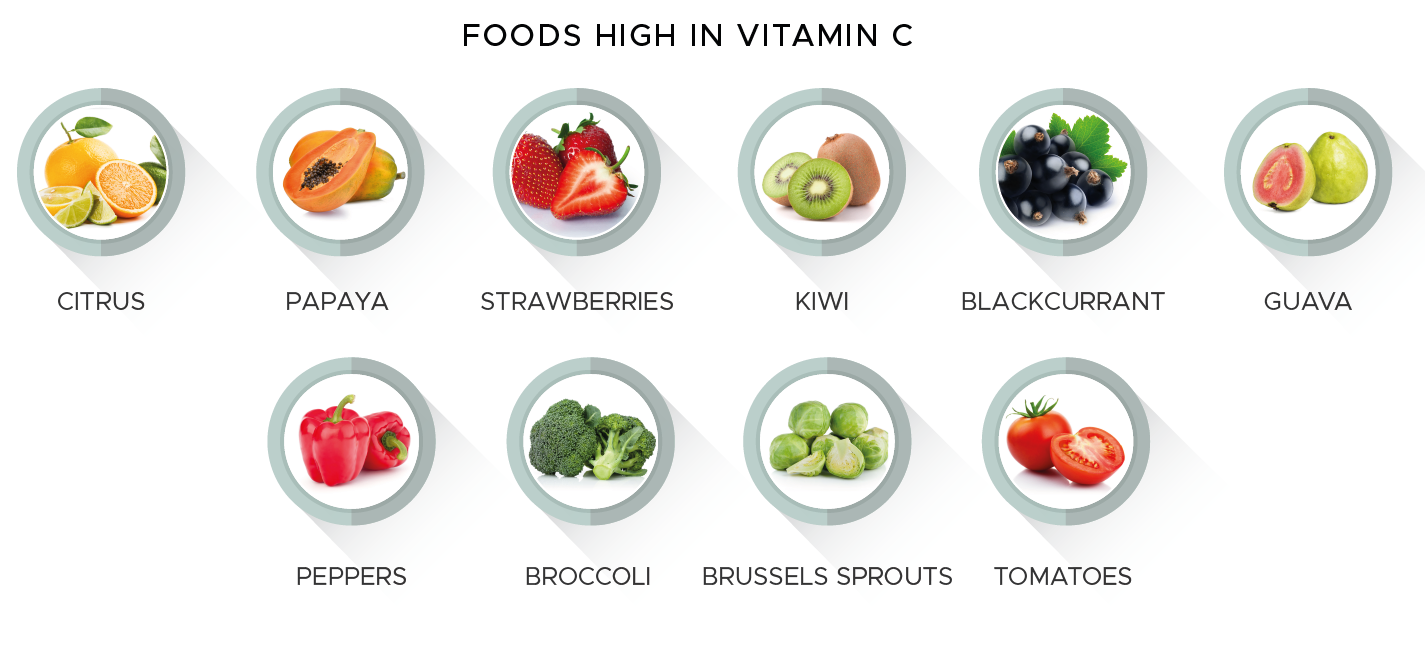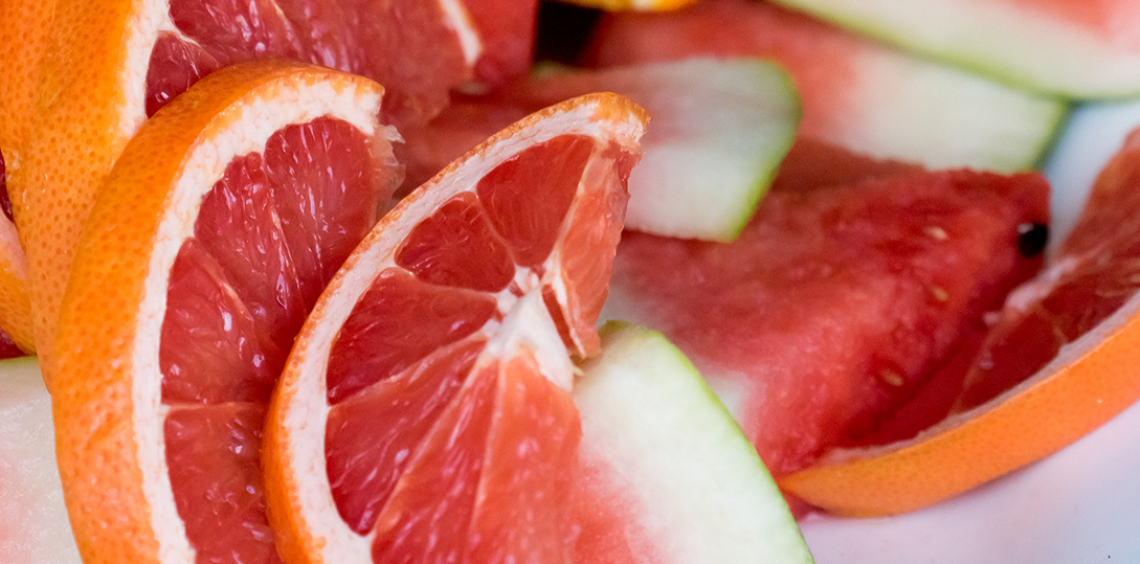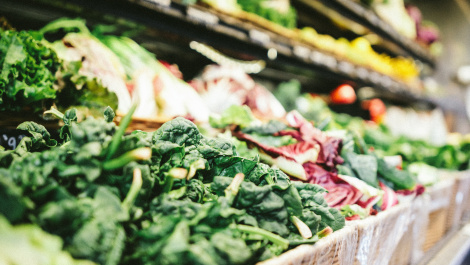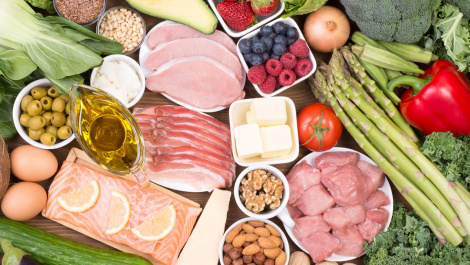It’s common knowledge that Vitamin C is an important part of our diet… but why? Read our article for the full low down on Vitamin C, but here’s a quick summary. It’s an essential vitamin, meaning we don’t produce it in our bodies. It has many functions in our body, though most commonly used for immune health – dealing with colds and flu. Vitamin C is important for your skin, bones and connective tissue as well as the healing process and importantly, helps the body absorb iron. It also helps to fight damage in our body’s cells as a powerful antioxidant. A deficiency can result in health issues like bleeding gums, easy bruising, fatigue, weakened immunity and in very serious cases, scurvy.
Fortunately, it’s available in a huge variety of fruits and vegetables. And it’s so important to eat plenty of Vitamin C-rich foods in your daily diet. The recommended daily intake is 75mg for woman and 90 mg for men. Too much can also have harmful effects, causing stomach pains and diarrhoea.
Here are a few of the everyday Vitamin C superfoods to start stocking up on - many of which also low in calories but full of many other nutrients too...

FRUITS
Citrus (1 large: 98mg): This is the most common source of Vitamin C and it is said that one orange or lemon a day may be enough for one to get the recommended dose.
Papaya (1 cup: 80 mg): Just half a cup of papaya can give you enough vitamin C for the whole day.
Strawberries (1 cup: 89mg): That bowl of strawberries is not looking so sinful now, is it? They are one of the tastiest and healthiest berries and are also high in fibre.
Guava (a fruit: 126mg): The exotic guava contains over twice your daily needs…also rich in fibre, potassium, folic acid and manganese - a true superfood!
Kiwi (1 cup: 164mg): This little fruit from New Zealand packs a powerful Vitamin C punch! Also high in potassium.
Black currants (1 cup: 203 mg): These little treats are extremely high in Vitamin C, as well as containing plenty of potassium, iron and Vitamin B5.
VEGETABLES
Red and yellow peppers (1 cup: 190mg): Cut up into your stir fry or on the barbecue, this will boost your daily intake.
Tomatoes (1 cup raw: 24mg): Okay, we know it’s technically a fruit, but the ever-versatile tomato is best tossed in a salad, added to sandwiches or just on their own. Heat reduces Vitamin C in foods, so it's always better to eat them raw. Sun-dried tomatoes are particularly concentrated with this nutrient.
Broccoli (1 cup raw: 81mg): an amazing vegetable packed full of vitamins of all kinds.
Brussels sprouts (half a cup, cooked: 48 mg): Not everybody’s favourite, this little ball of nourishment contains Vitamin C, Vitamin K, folate, Vitamin A, manganese, potassium and fibre.
And here are a few more: 1 cup of Kale: 80mg; 1 cup of pineapple: 79mg; 1 cup of raw cauliflower: 46 mg; a cup of mango: 45 mg and a cup of melon: 67 mg.
While supplementation is available, including a good variety of the foods mentioned above every day can help you easily meet your Vitamin C needs.







Comments